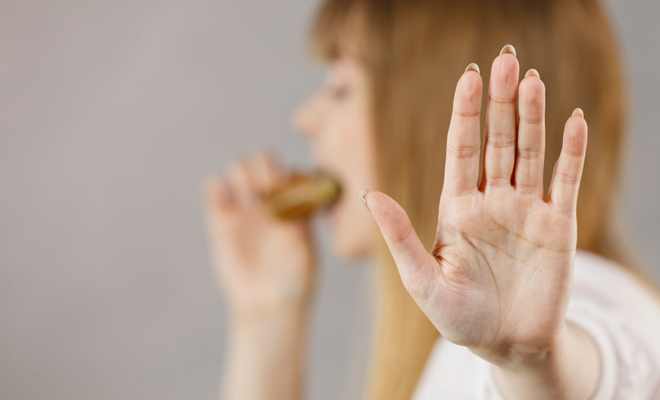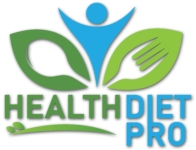Hypothyroidism is a disease caused by decreased activity of the thyroid gland. This is a gland of the endocrine system that controls and regulates metabolism. When it reduces its activity, the body stops producing enough thyroid hormones and, therefore, the metabolism slows down. This brings as a consequence that women who suffer from this pathology quickly gain weight.

If you suffer from hypothyroidism, you should bear in mind that foods rich in antioxidants (fruits such as blueberries or cherries), vitamin B and iron must be present in your diet. Also, you will need to increase your intake of omega-3 fatty acids, such as fish oil.
You may be undergoing medical treatment or you may have been recommended to simply monitor it a bit. Whatever your situation, there is a list of foods not recommended if you suffer from hypothyroidism.
Hypothyroidism: foods not recommended
-
The coffee
If you are taking medication, caffeine can cause you to not fully absorb the medication. It is highly recommended that you completely eliminate coffee from your daily consumption, however, if you cannot survive without it, the suggestion is that you take the medication with water and wait between half an hour and an hour to drink your coffee.
-
Broccoli and Brussels sprouts
We are talking about consuming large amounts of these types of vegetables. If we do, they can interfere with the production of the thyroid and block or hinder its function of using iodine, essential in the production of thyroid hormones.
-
Processed foods
Everyone knows that it is not convenient to abuse processed foods. They tend to contain a lot of sugar, saturated fat and preservatives that, even more reason, people with hypothyroidism should not consume. On the one hand, extra calories can contribute to weight gain, and on the other, fats and sugars can interfere with the absorption of medications and thyroid function.
-
Soy
The issue of soy consumption in people suffering from hypothyroidism has generated much controversy and is still a matter of debate today. On the one hand, there are those who believe that the derivatives contain isoflavones, which can alter the thyroid gland. However, other experts affirm that there is no evidence that soy really interferes with said gland.
It is best to take the medication and wait a few hours before consuming soy products.
-
Alcohol
That alcohol has a lot of calories and can contribute to weight gain is something that everyone knows. Anyone should eliminate or at least limit the consumption of alcohol in their daily diet. And as you might guess, people with hypothyroidism have even more reasons to do so. Alcohol has an impact on the thyroid and decreases its levels in the blood, which are already lower due to their low activity.
-
Gluten-containing foods
Whenever we can, it is better to choose foods that are gluten-free. This is a set of proteins found in grains like oats and wheat and can make it difficult for you to absorb medication that regulates your thyroid.
-
Some fruits
If we talk about a moderate consumption, there is no problem. However, the abuse of very sweet fruits (that is, rich in sugars) can have an impact on our thyroid. For example, the abuse of mango, strawberries, pineapple or pears is not recommended.
-
Vegetable oils
We are talking about corn, soy or sunflower. These vegetable oils are not recommended for anyone because their consumption blocks thyroid hormones and favors inflammation (when, if you suffer from this disease, it is already inflamed by itself). Whether or not you have hypothyroidism, it is always better to cook and eat with extra virgin olive oil.
Keeping this list of foods to avoid in mind, taking your medication (if you have it) and following all your doctor’s advice, you will get your hypothyroidism under control.
